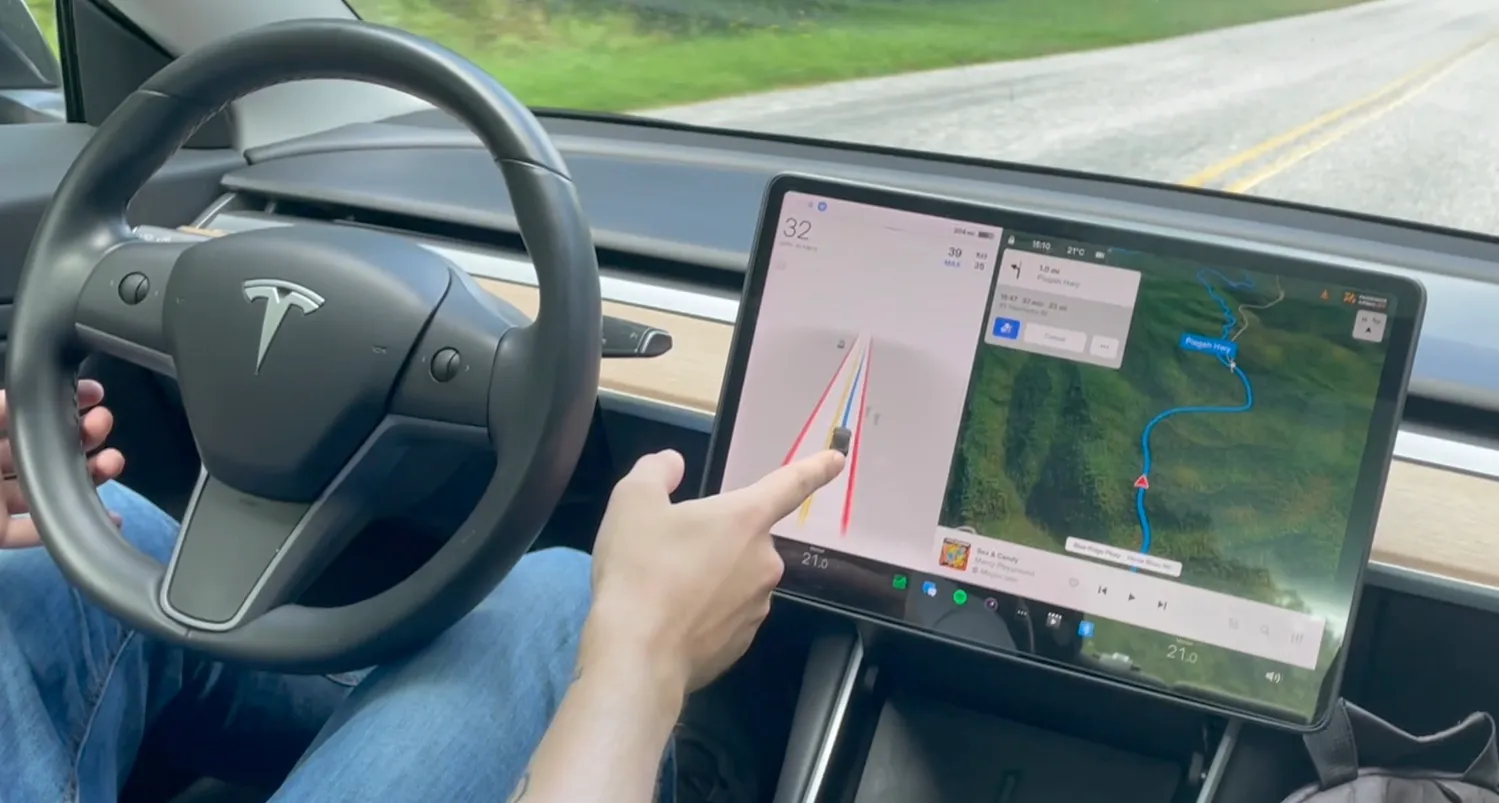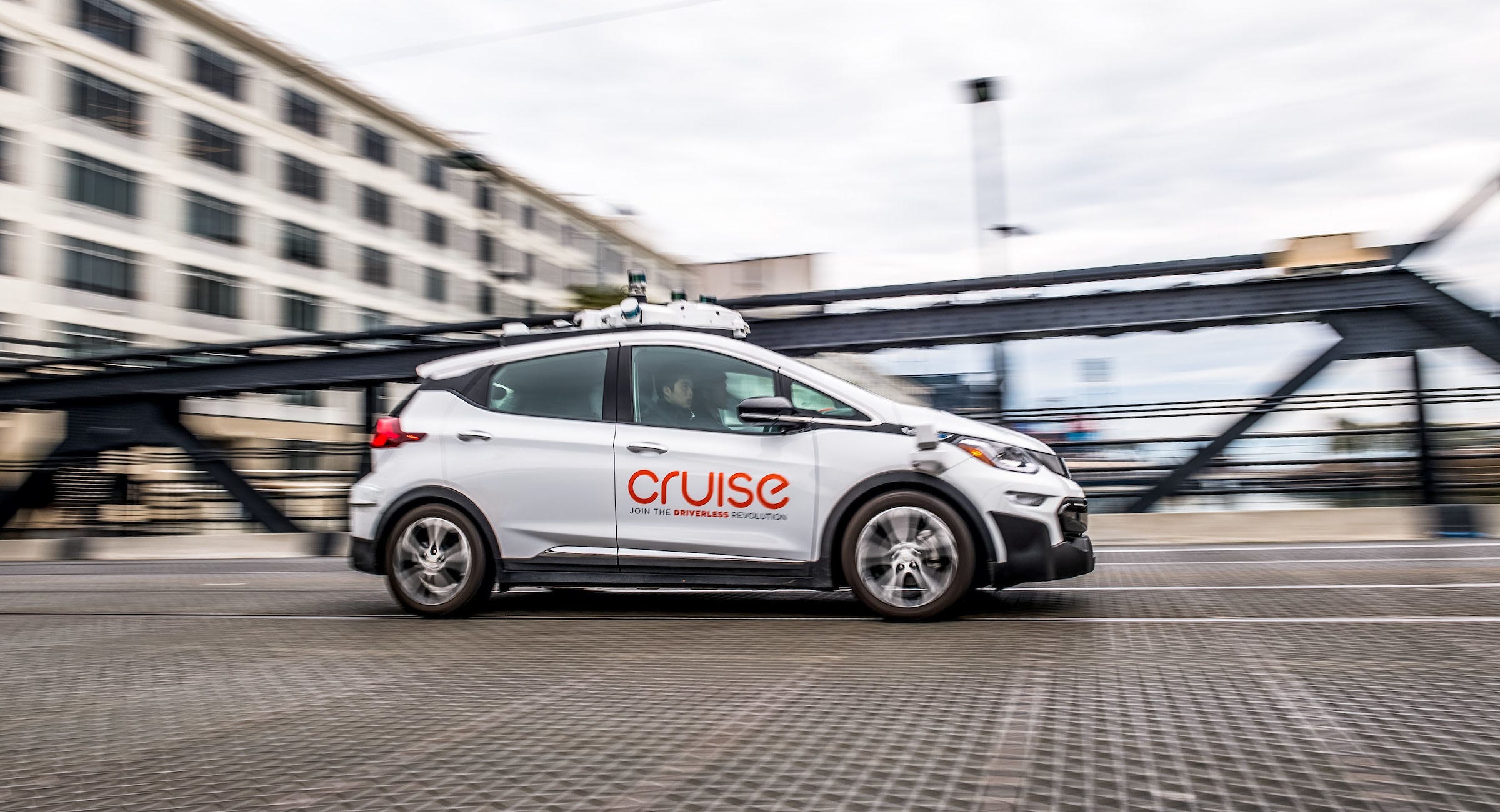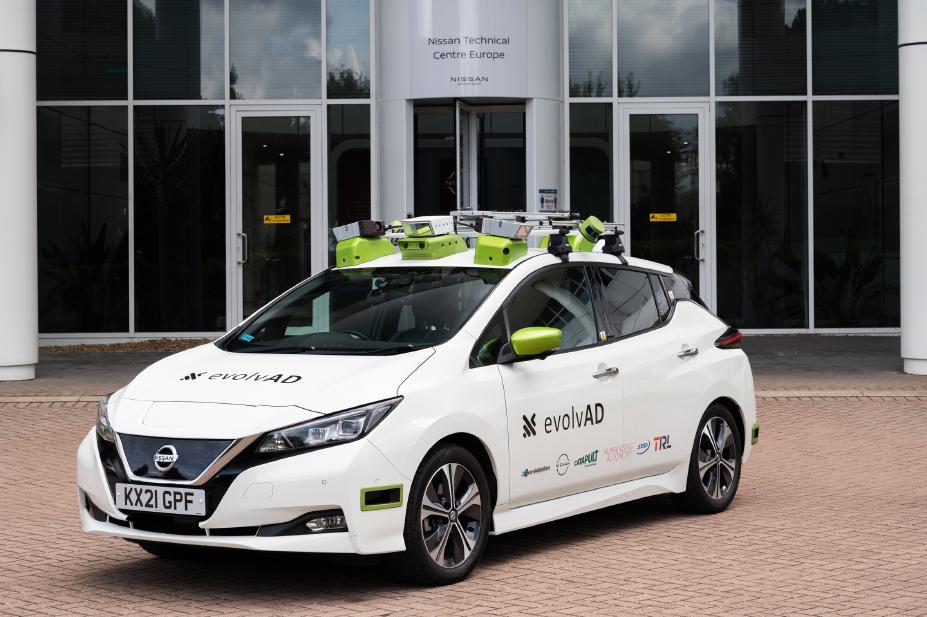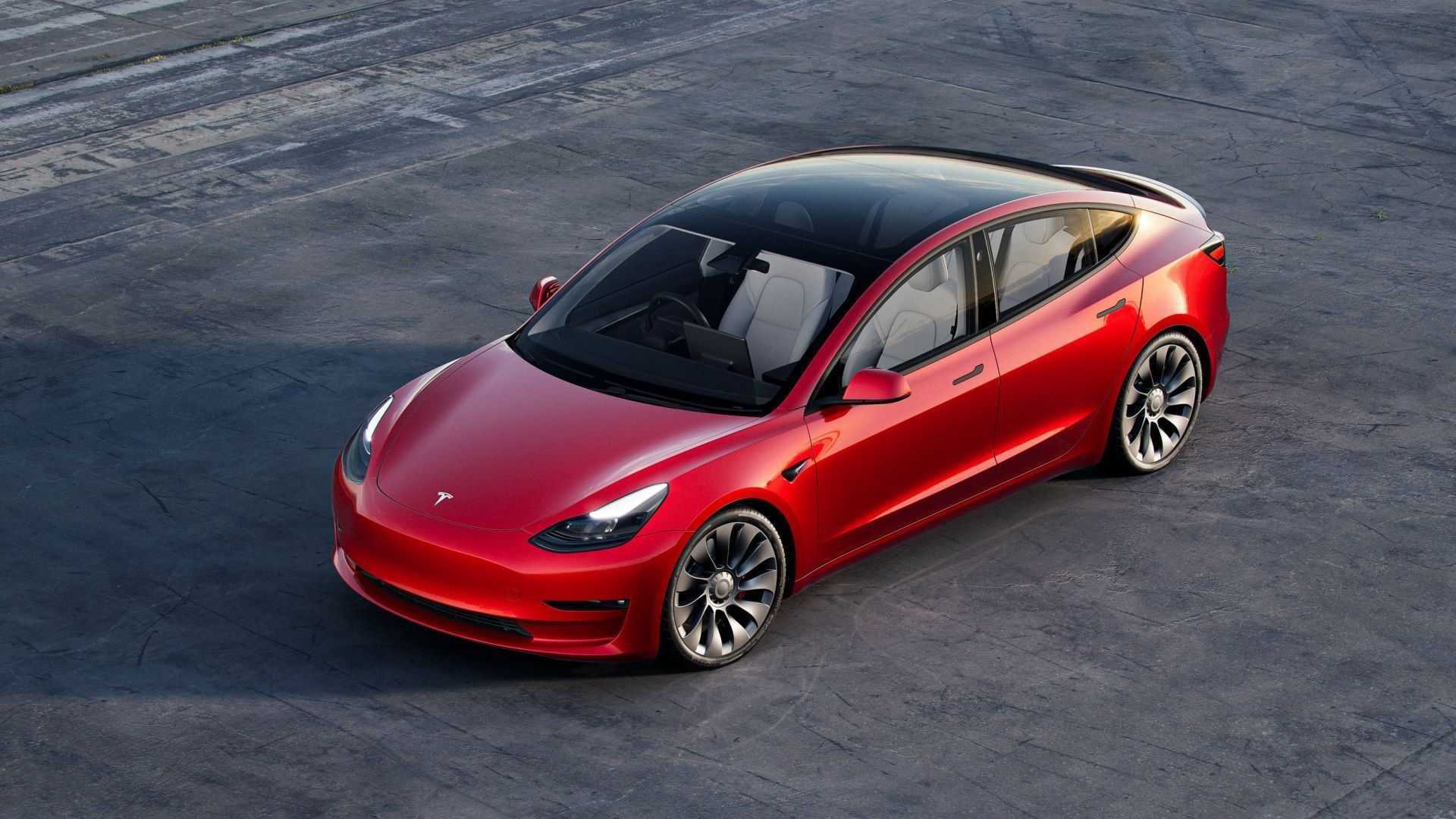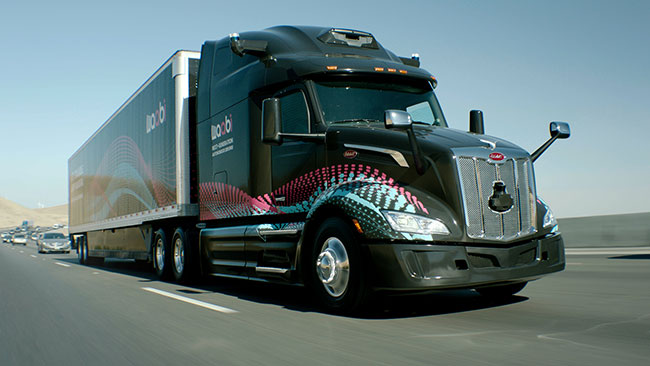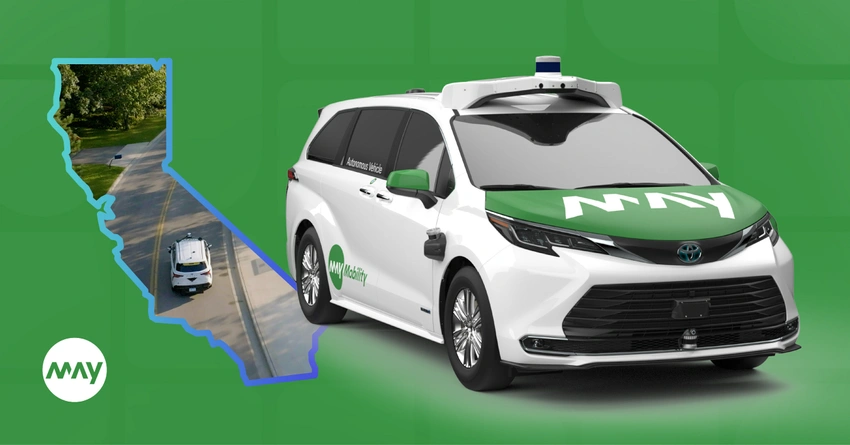Opening statements are poised to begin on Thursday in a landmark U.S. trial that revolves around allegations that Tesla’s Autopilot driver-assistant feature played a role in a fatal accident. The outcome of this trial, unfolding in a California state court, could significantly influence similar cases across the United States.
This legal battle originated from a civil lawsuit that contends Tesla’s Autopilot system was responsible for a tragic incident in which Micah Lee’s Model 3 veered off a highway east of Los Angeles, hurtling at 65 miles per hour (105 kph), striking a palm tree, and erupting into flames within seconds. Tragically, the 2019 crash claimed Lee’s life and resulted in serious injuries to his two passengers, one of whom was an 8-year-old boy who suffered severe harm, including disembowelment, as documented in court records. The lawsuit, filed against Tesla by the passengers and Lee’s estate, accuses the automaker of selling a vehicle with knowledge of defects in the Autopilot system and other safety features.
Tesla vehemently denies any liability, asserting that Lee had consumed alcohol before assuming control of the vehicle. Furthermore, the electric vehicle manufacturer contends that it remains unclear whether Autopilot was engaged at the time of the accident.
Notably, Tesla has been actively testing and deploying its Autopilot system, alongside the more advanced Full Self-Driving (FSD) technology, a key component of CEO Elon Musk’s vision for the company’s future. However, these advancements have drawn heightened regulatory and legal scrutiny.
In a prior trial held in Los Angeles in April, Tesla secured a victory by emphasizing that it explicitly informs drivers that its technology necessitates continuous human supervision, despite the nomenclature “Autopilot.” In that case, a Model S swerved into a curb in 2019, injuring the driver. Jurors, speaking to Reuters after the verdict, expressed their belief that Tesla adequately cautioned drivers about its system and attributed the incident to driver distraction.
The stakes in the current trial are considerably higher, given the loss of lives. The legal teams for both Tesla and the crash victims have engaged in contentious pre-trial disputes regarding admissible evidence and arguments.
Tesla successfully secured a ruling to exclude certain public statements made by CEO Elon Musk about Autopilot. However, attorneys representing the crash victims will be permitted to argue that Lee’s blood alcohol content was below the legal limit, as outlined in court filings.
Anticipated to last several weeks, the trial taking place in Riverside County Superior Court will undoubtedly be closely watched, as its outcome has the potential to establish legal precedents in the evolving landscape of autonomous driving technology.

